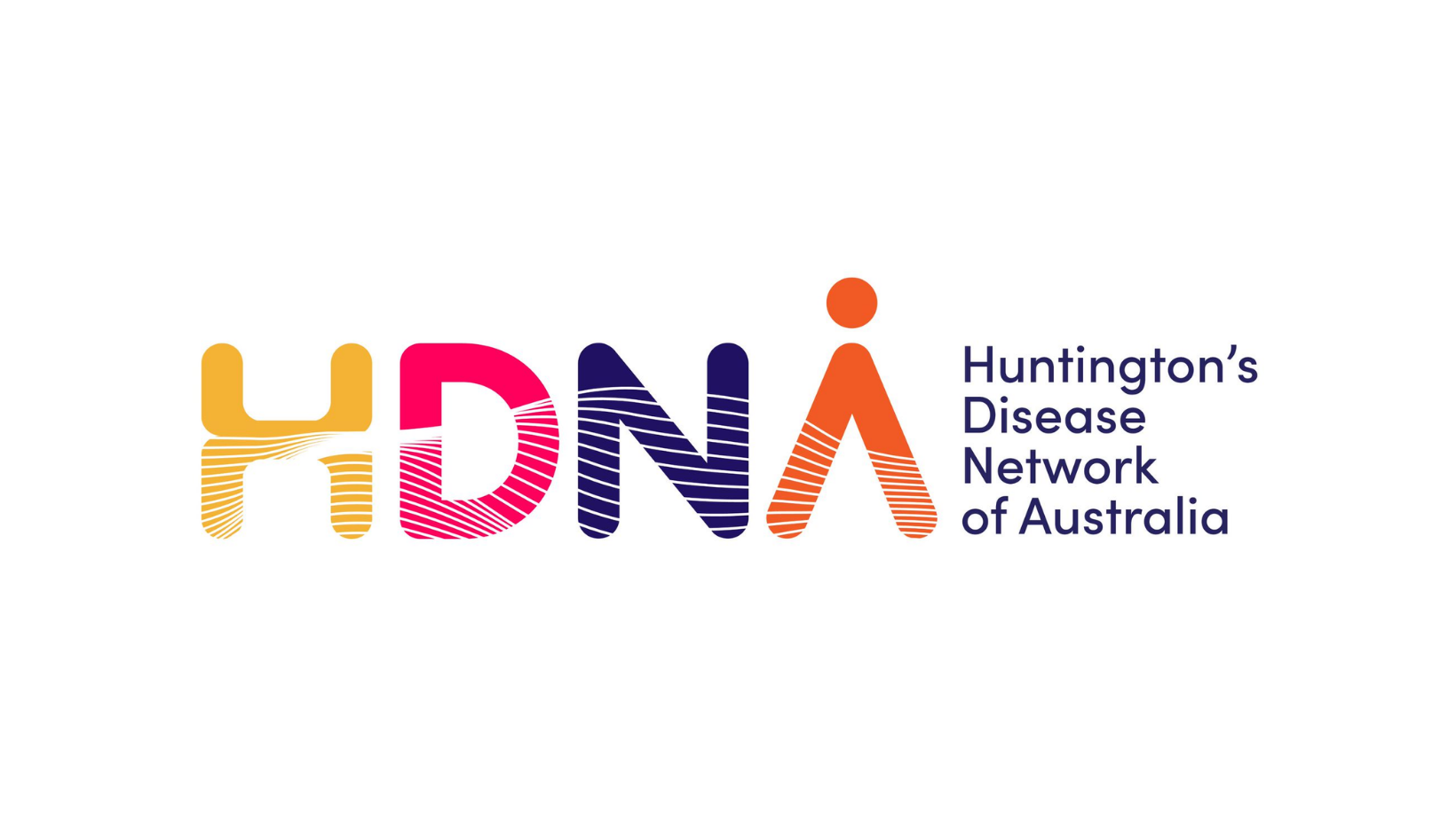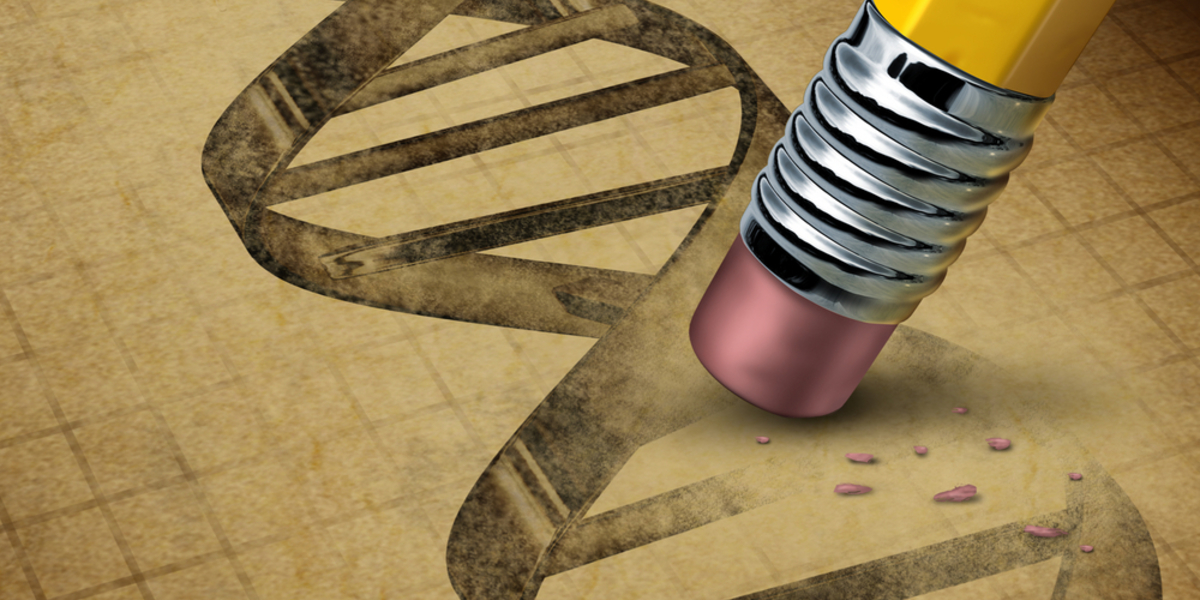Research articles
Click on this link to read our latest research articles.
Click on this link to find out more about Huntington’s NSW ACT Research grant opportunities.
HD Buzz
HDBuzz is a collaboration of scientists who write Huntington’s disease research news in plain language for the global HD community. They have allowed us to retrieve their articles for the NSW ACT Huntington’s community.
Westmead HD Outreach Service
The Outreach Service is part of a multidisciplinary team of medical, nursing and allied health services which provides review, intervention, treatment, case management, counselling, support, education and management of problems and issues associated with Huntington’s for patients, their families and carers. In addition to this care, the service has been involved in local and major international research studies since its establishment at Westmead Hospital in 1995. Hundreds of volunteers have generously participated in research to better understand the disease and in the search for effective treatments.
Westmead Hospital is a HSG Credential Research Site. Professor Clement Loy is the Principal Investigator for this site.
Global research collaboration
The Huntington Study Group (HSG) is the world’s first HD cooperative therapeutic research organization. Today, HSG is a world leader in facilitating high quality clinical research trials and studies that bring us closer to finding more effective treatments for HD and reducing the burden of HD for families affected by the disease.
HSG is an organization of compassionate professionals dedicated to finding treatments that make a difference, providing rigorous care initiatives, and improving the quality of life and outcomes for HD families. They bring together families, medical professionals, clinical researchers, HD advocacy groups, and sponsors to raise awareness of HD, share knowledge and best practices, and develop innovative treatments.
Enroll-HD
Enroll-HD is a clinical research platform and the world’s largest observational study for Huntington’s disease families. It is a resource for the entire HD community, including families, clinicians, researchers, advocates, and anyone else who has a connection to or an interest in HD.
Huntington’s Disease Network of Australia
The Huntington’s Disease Network of Australia (HDNA) is a project conceived by Professor Julie Stout of Monash University. Formed in 2020 to coordinate efforts that enhance care and services for HD and prepare for the advent of new HD treatments. The Map-HD Registry is for people in Australia who are affected by HD. All family members or people affected by HD are encouraged to register, whether or not they are at risk themselves.













